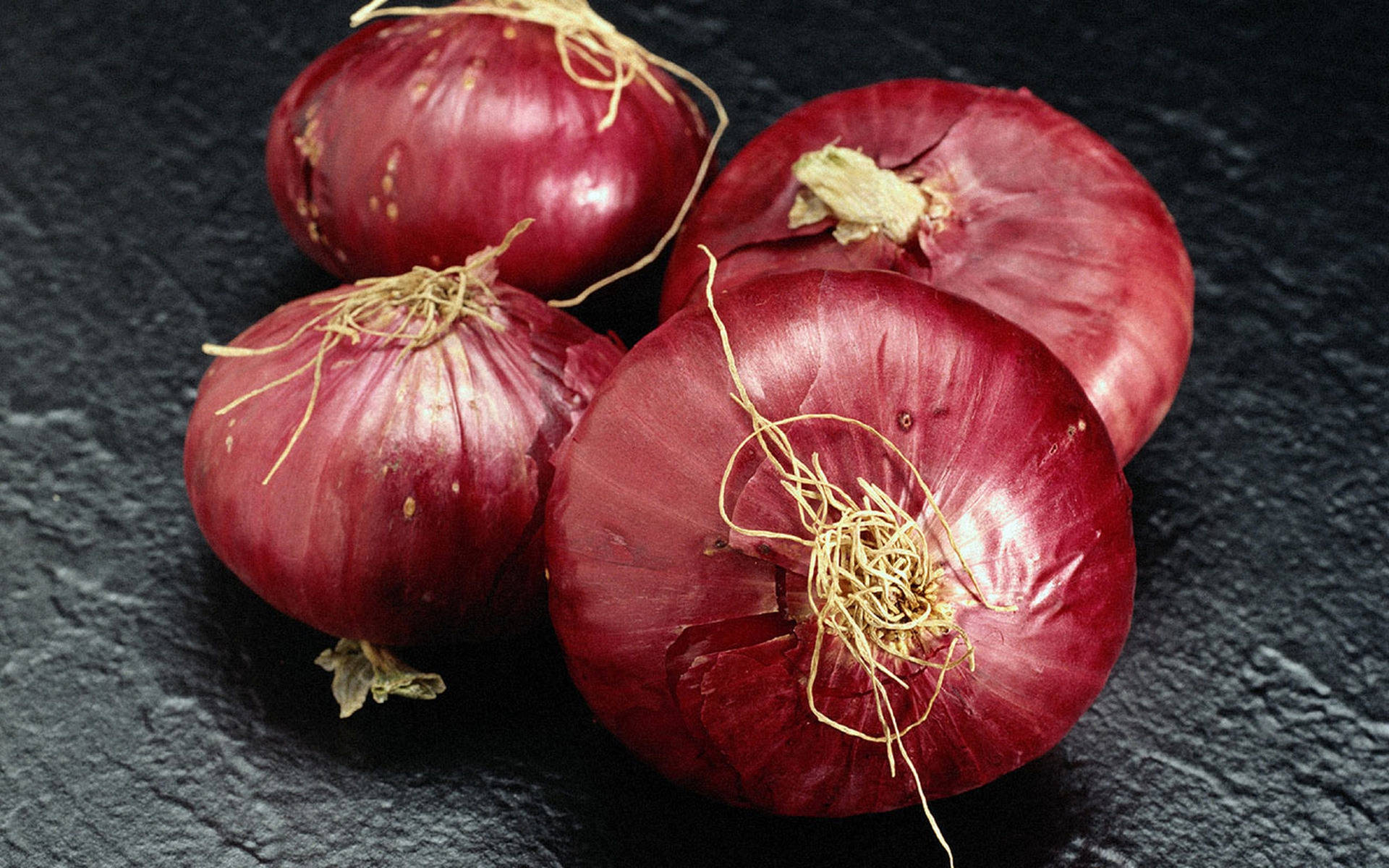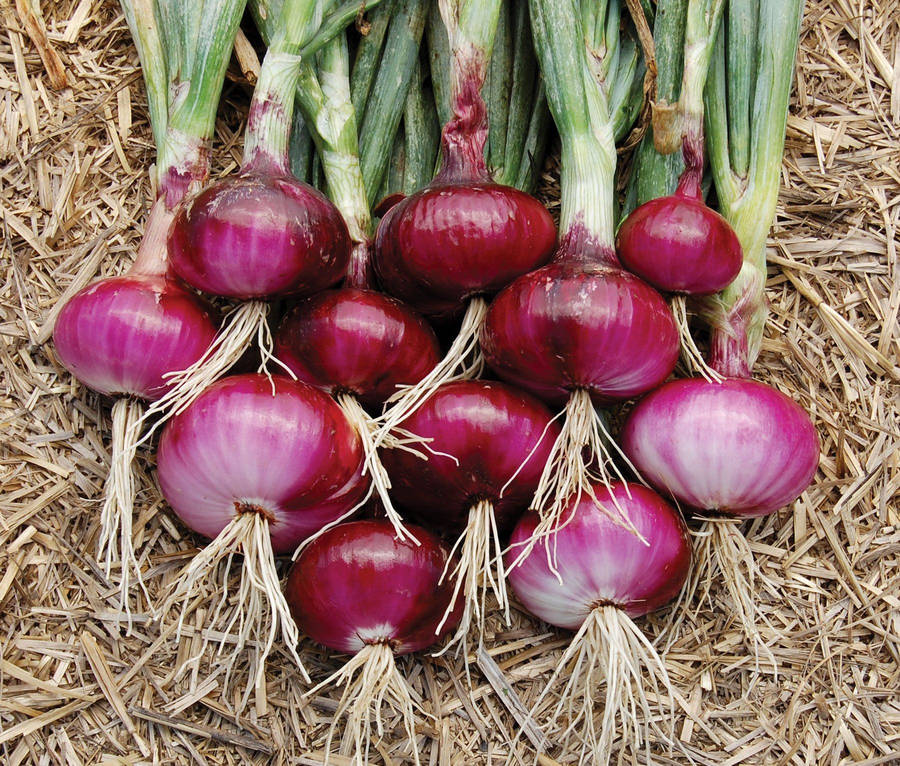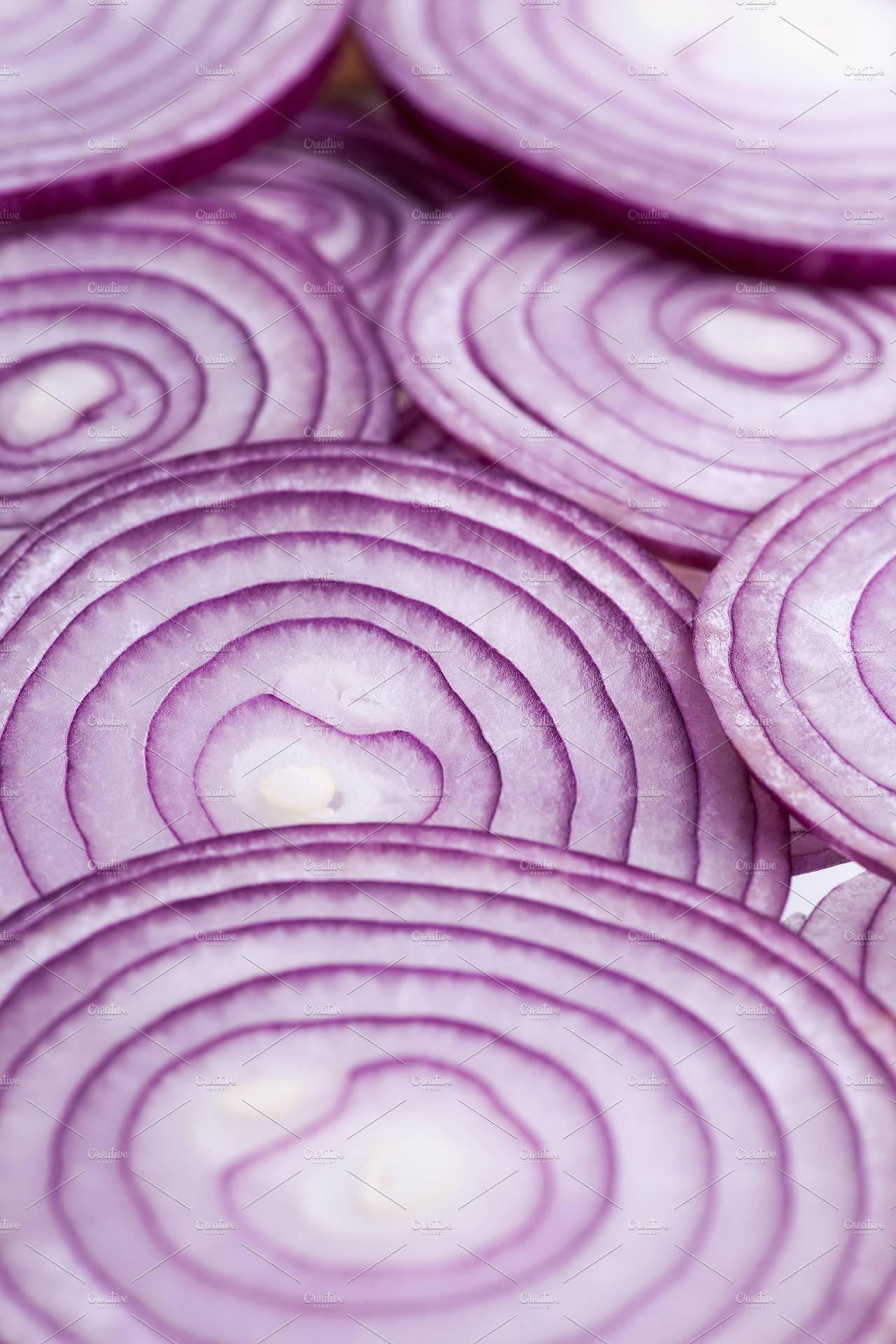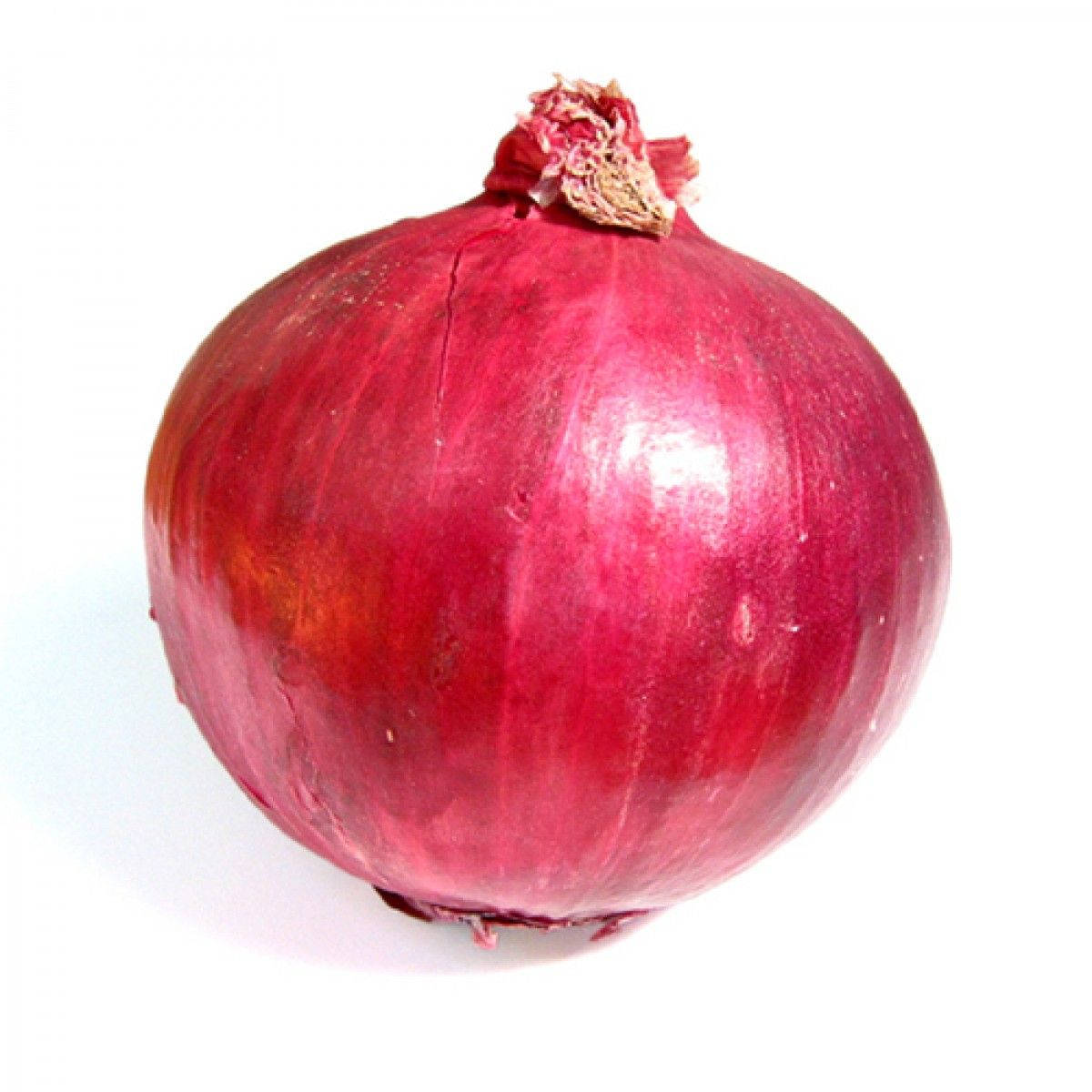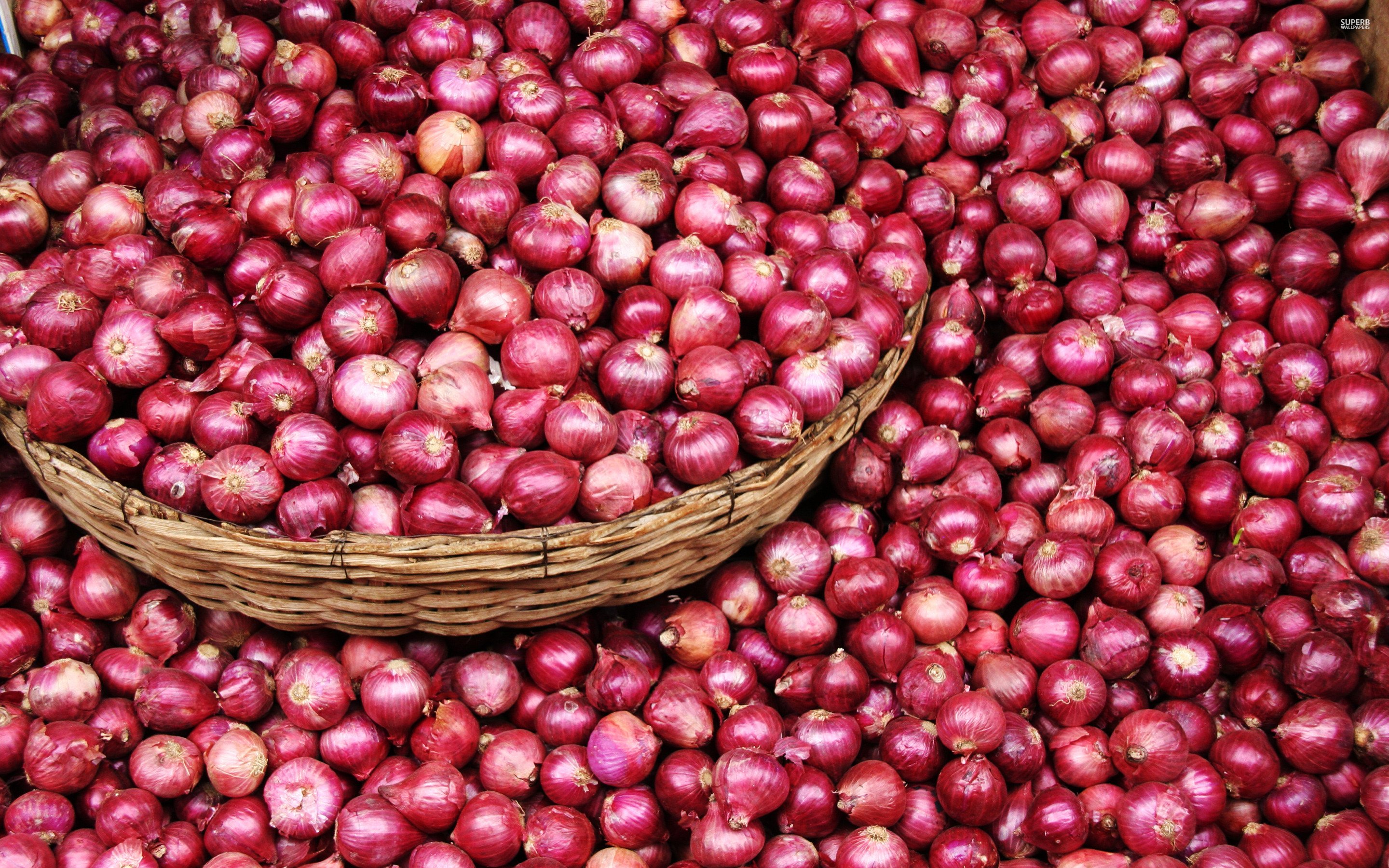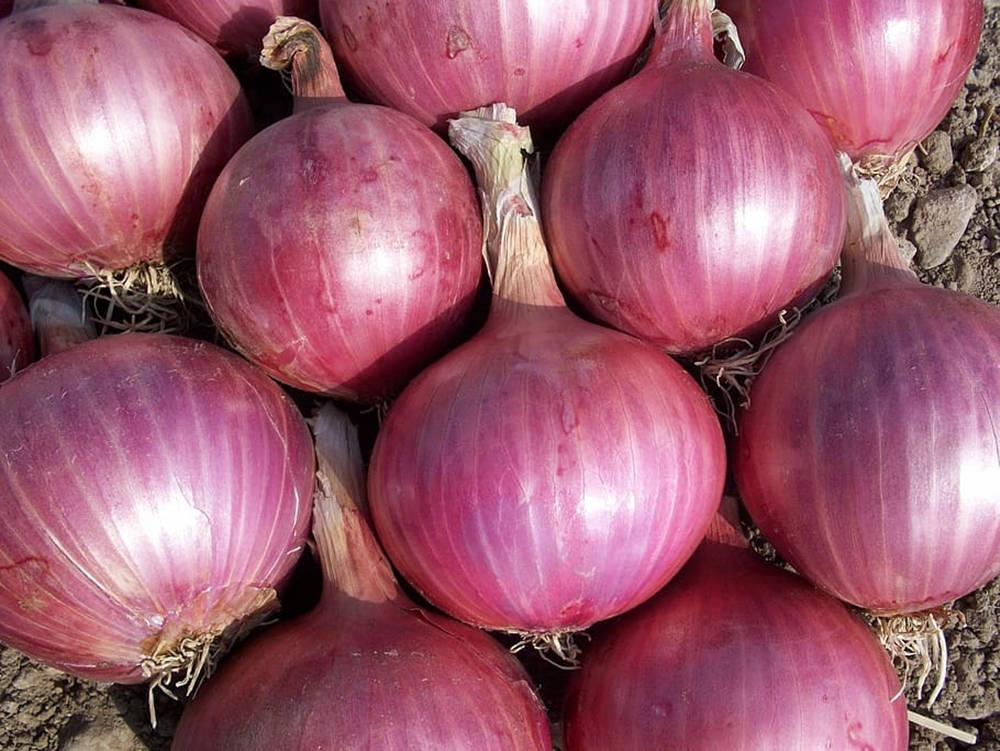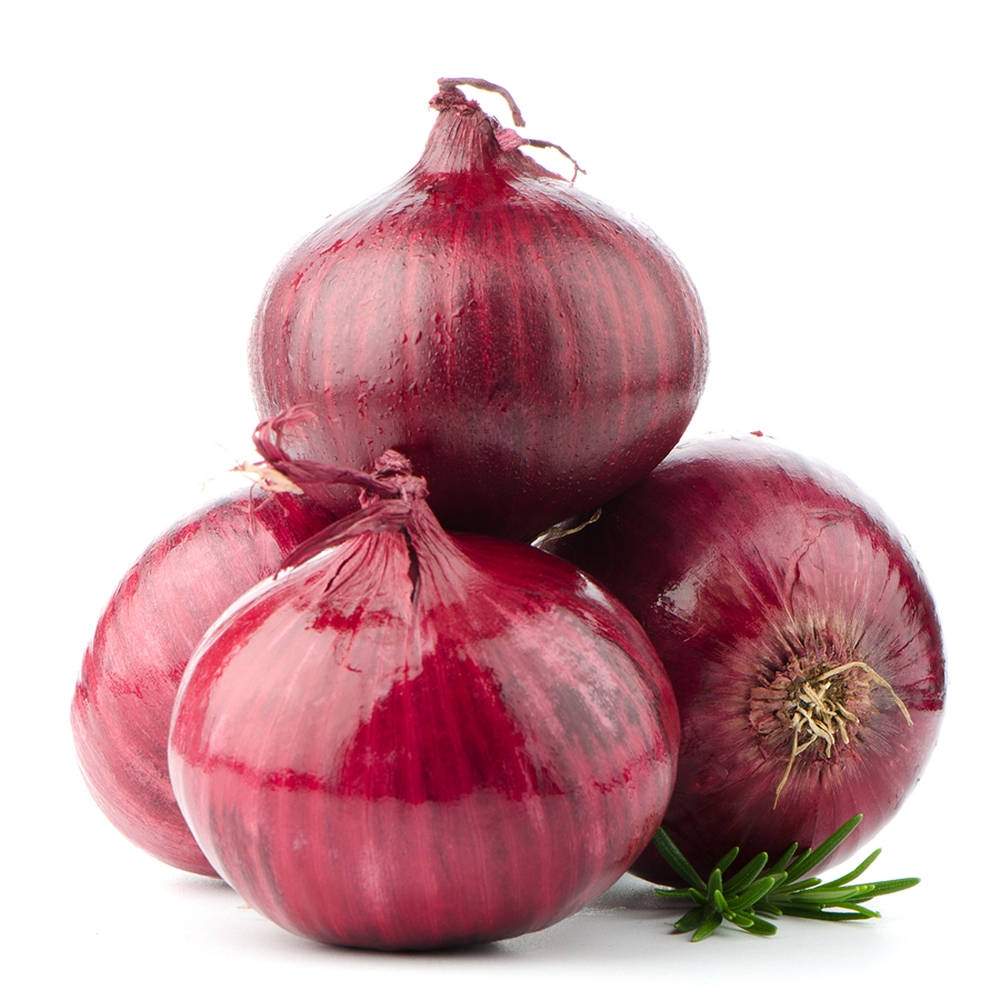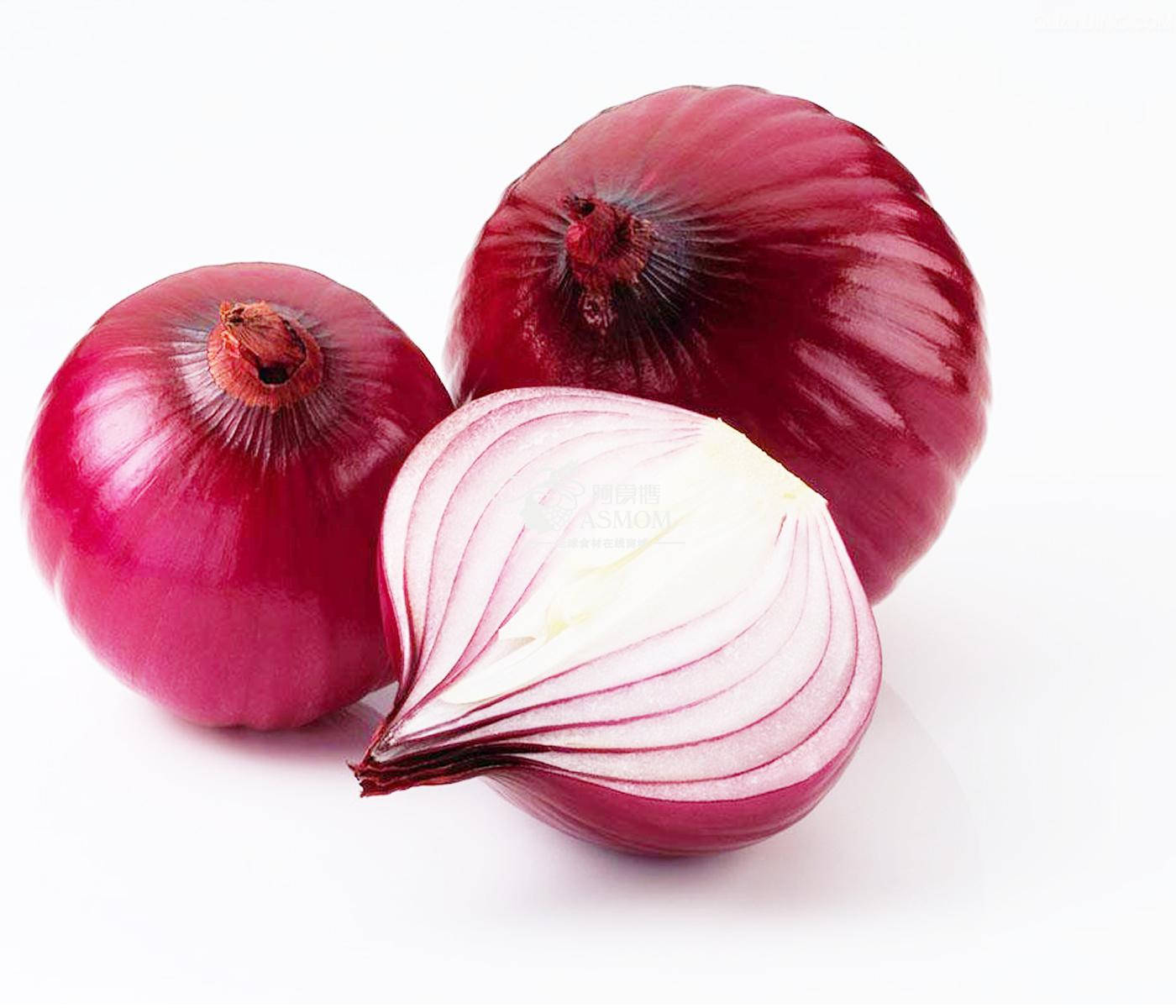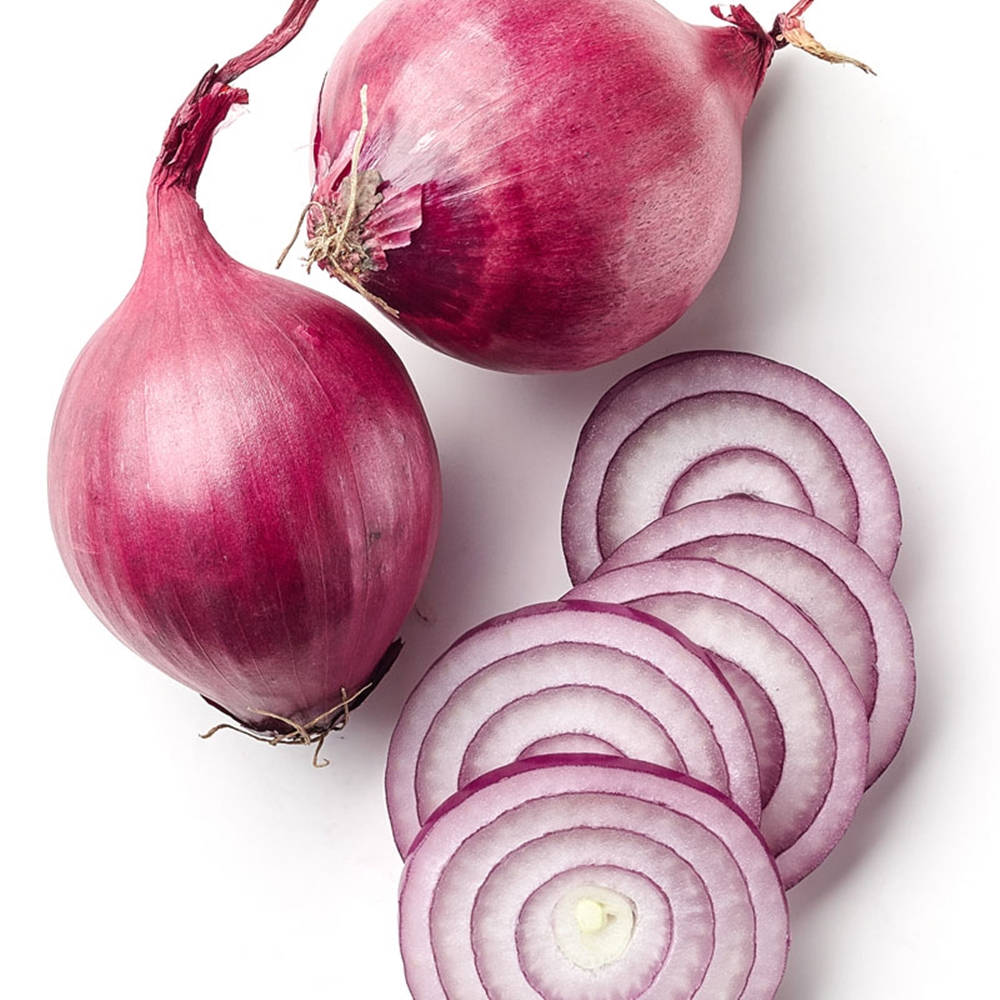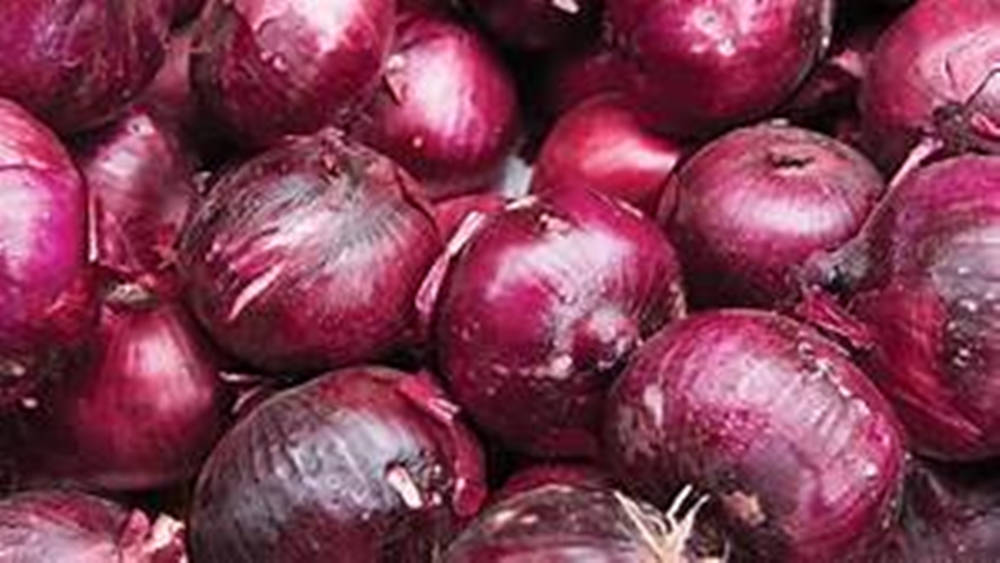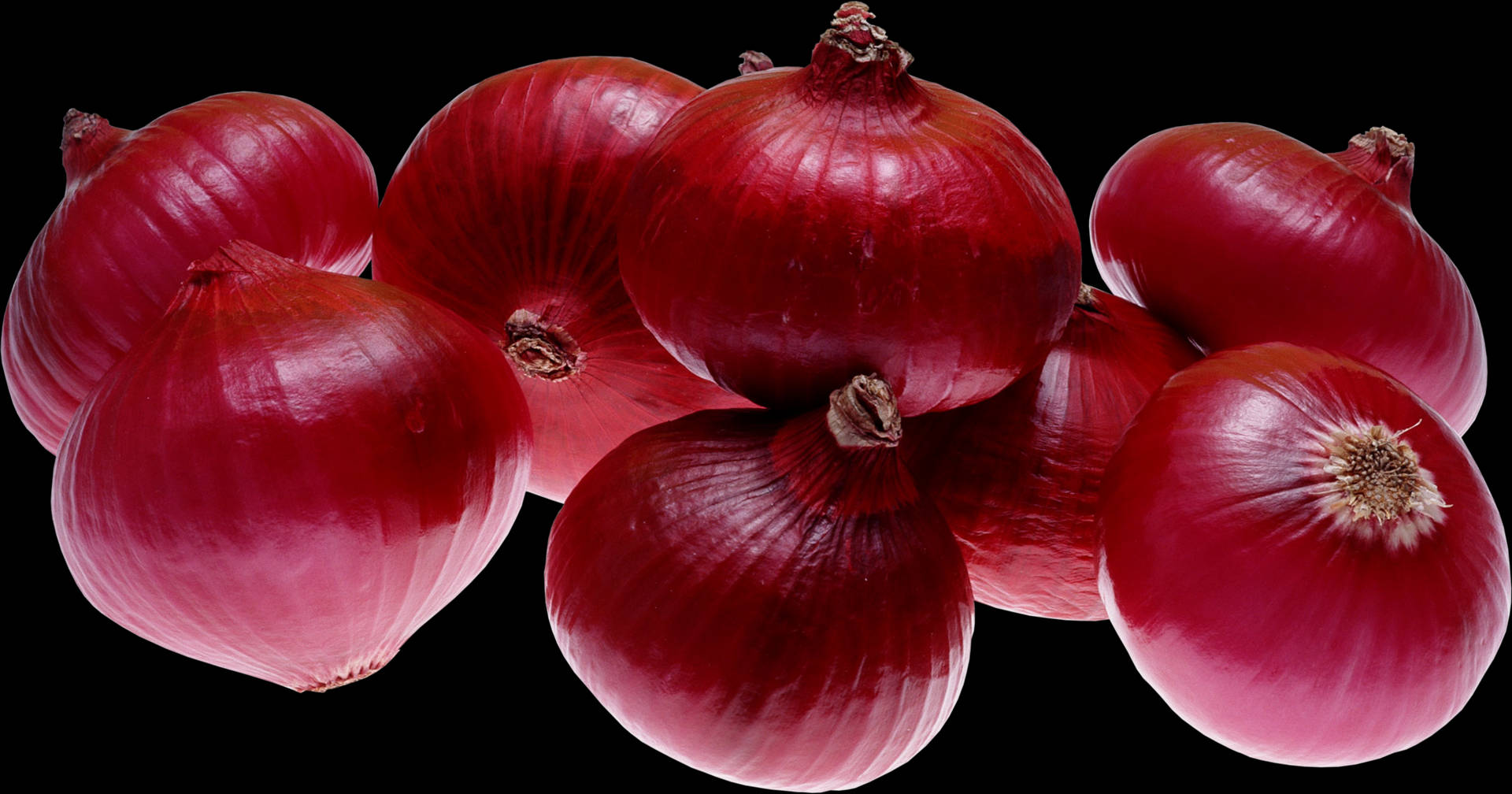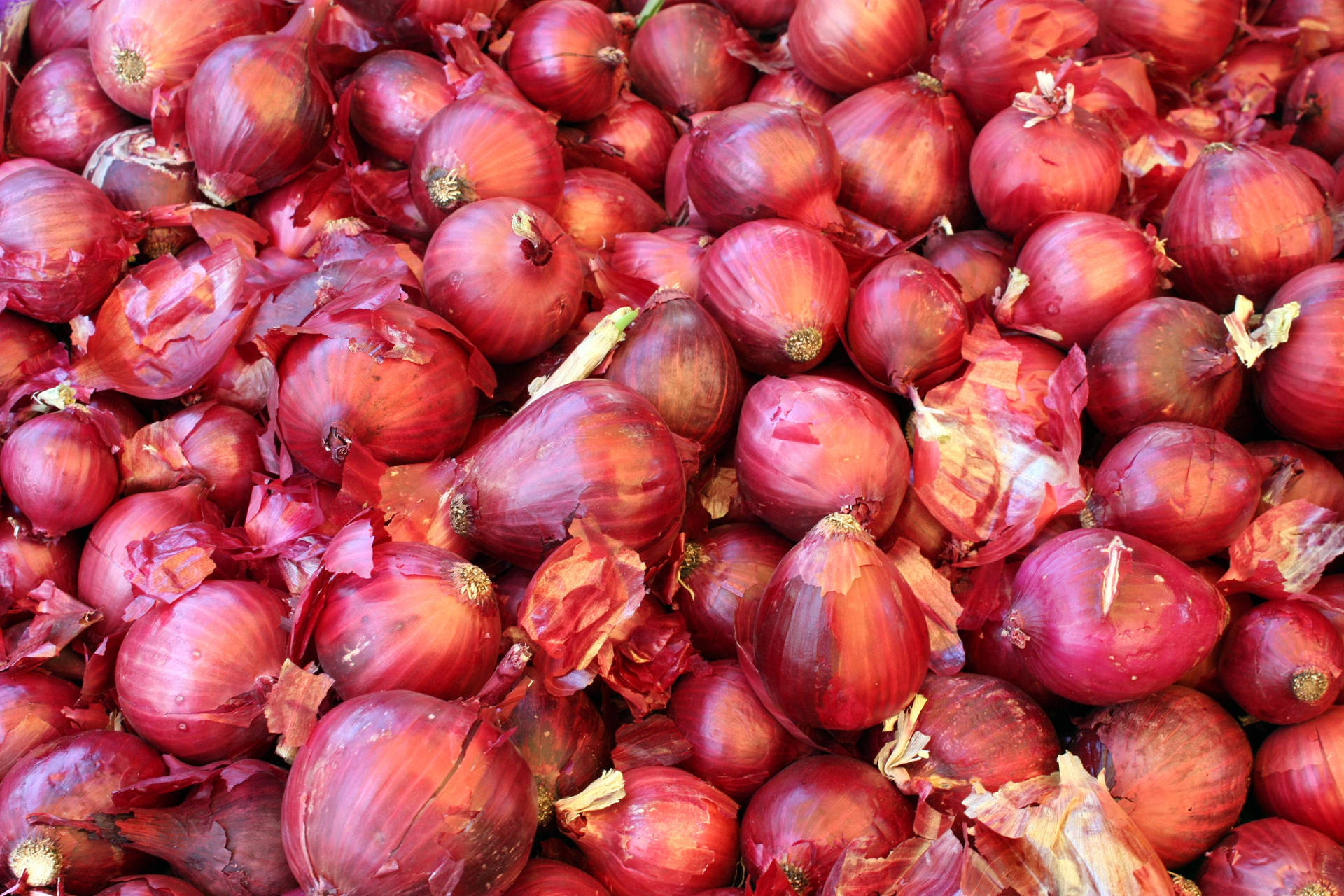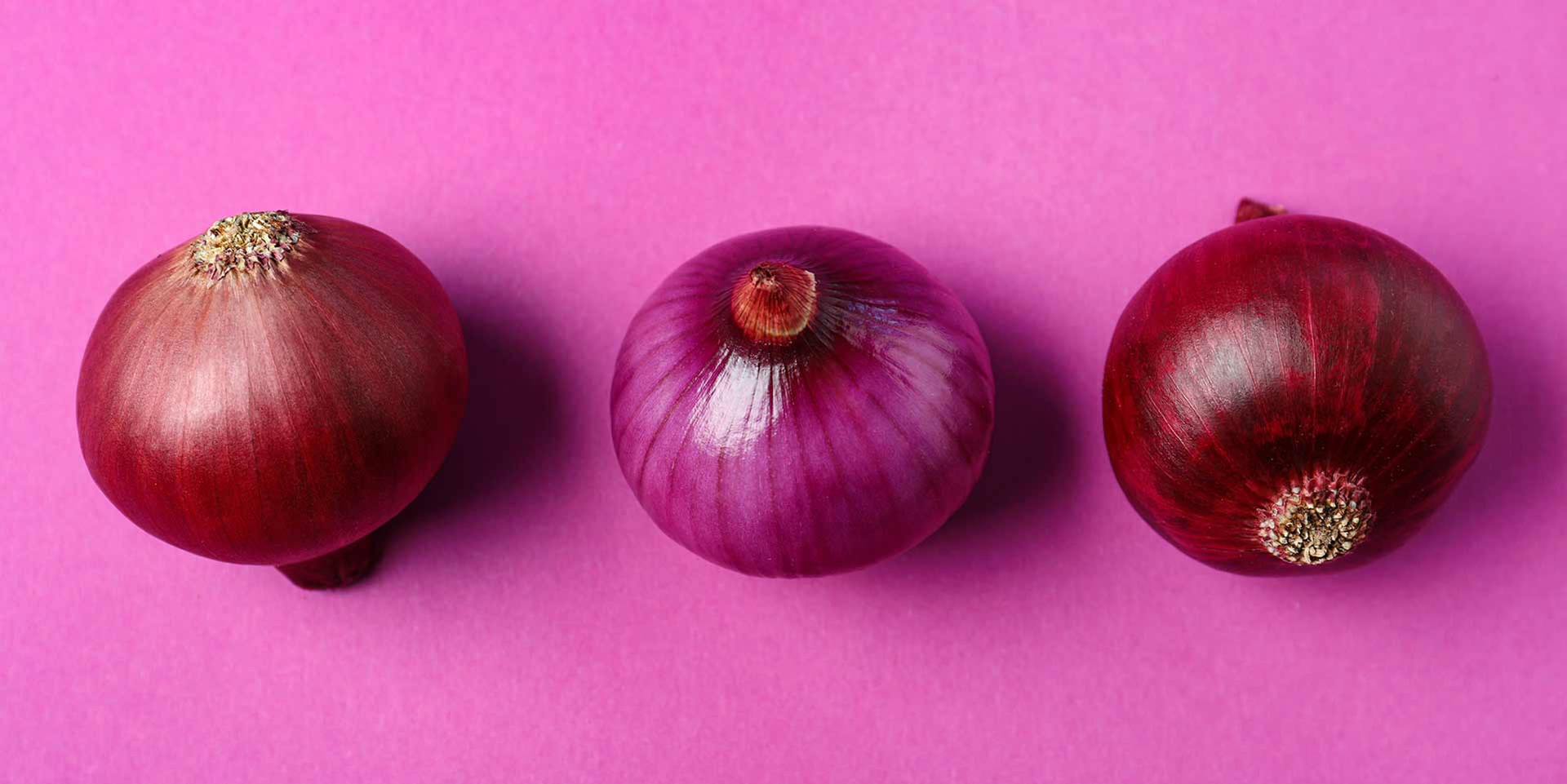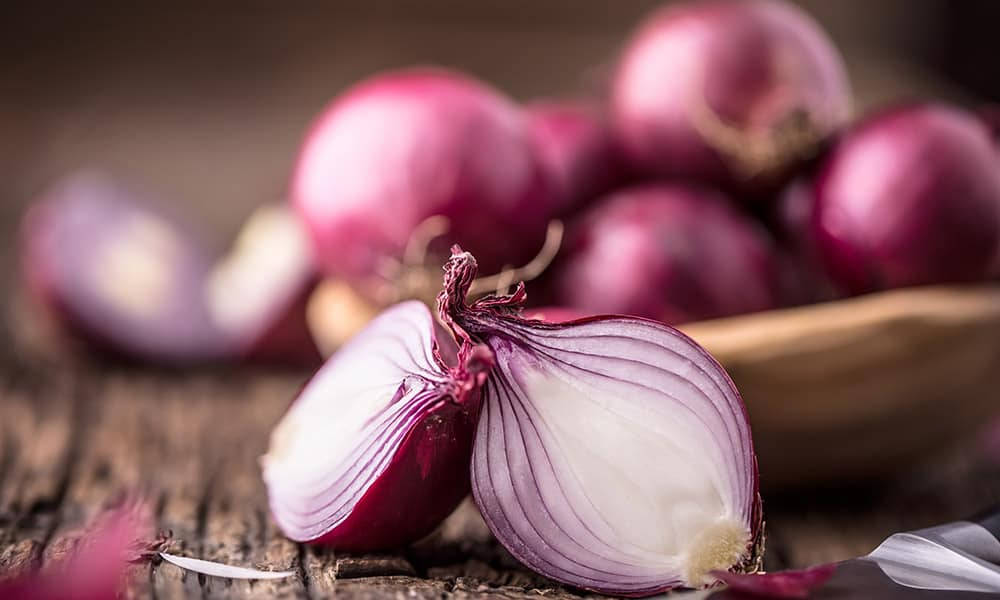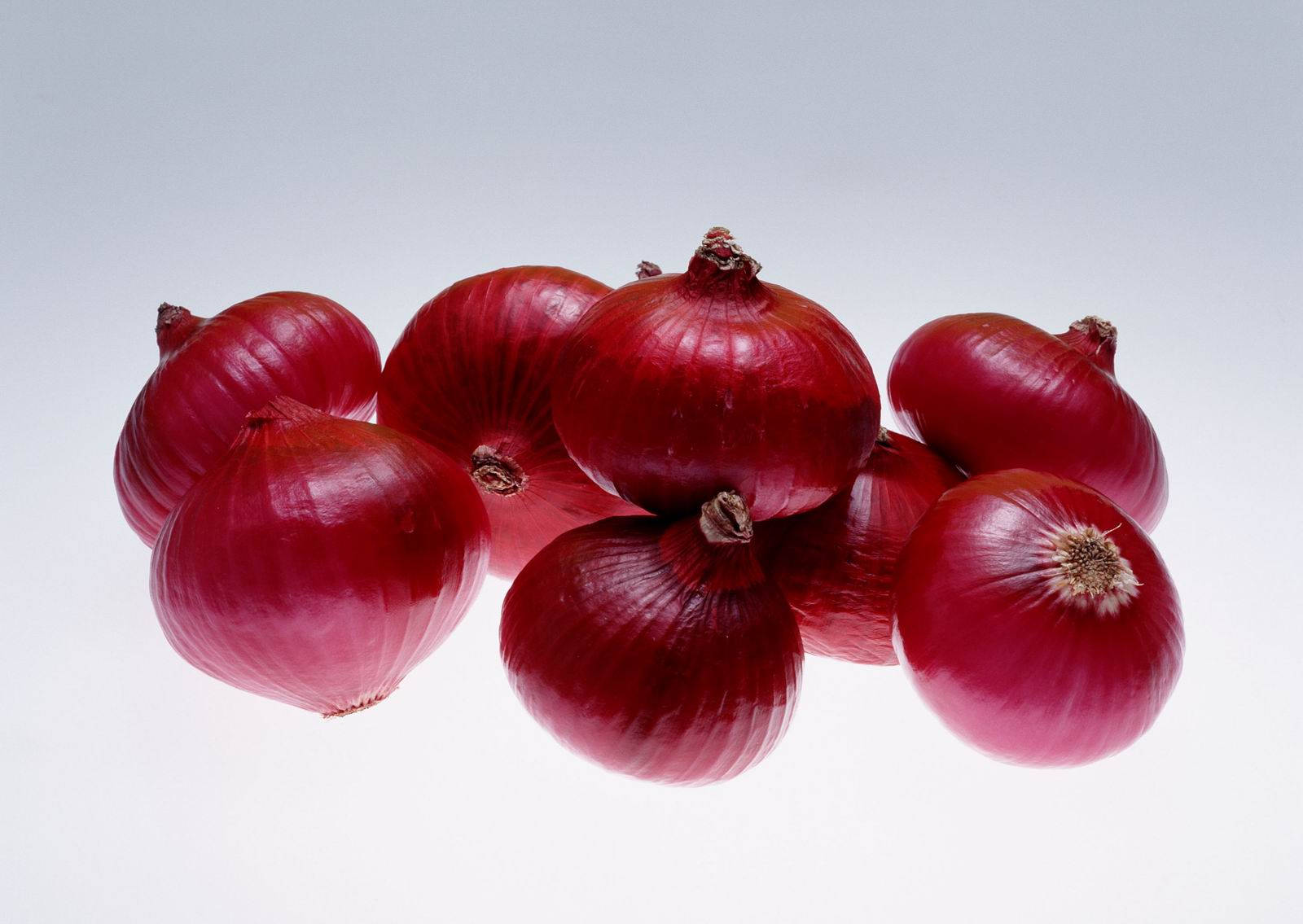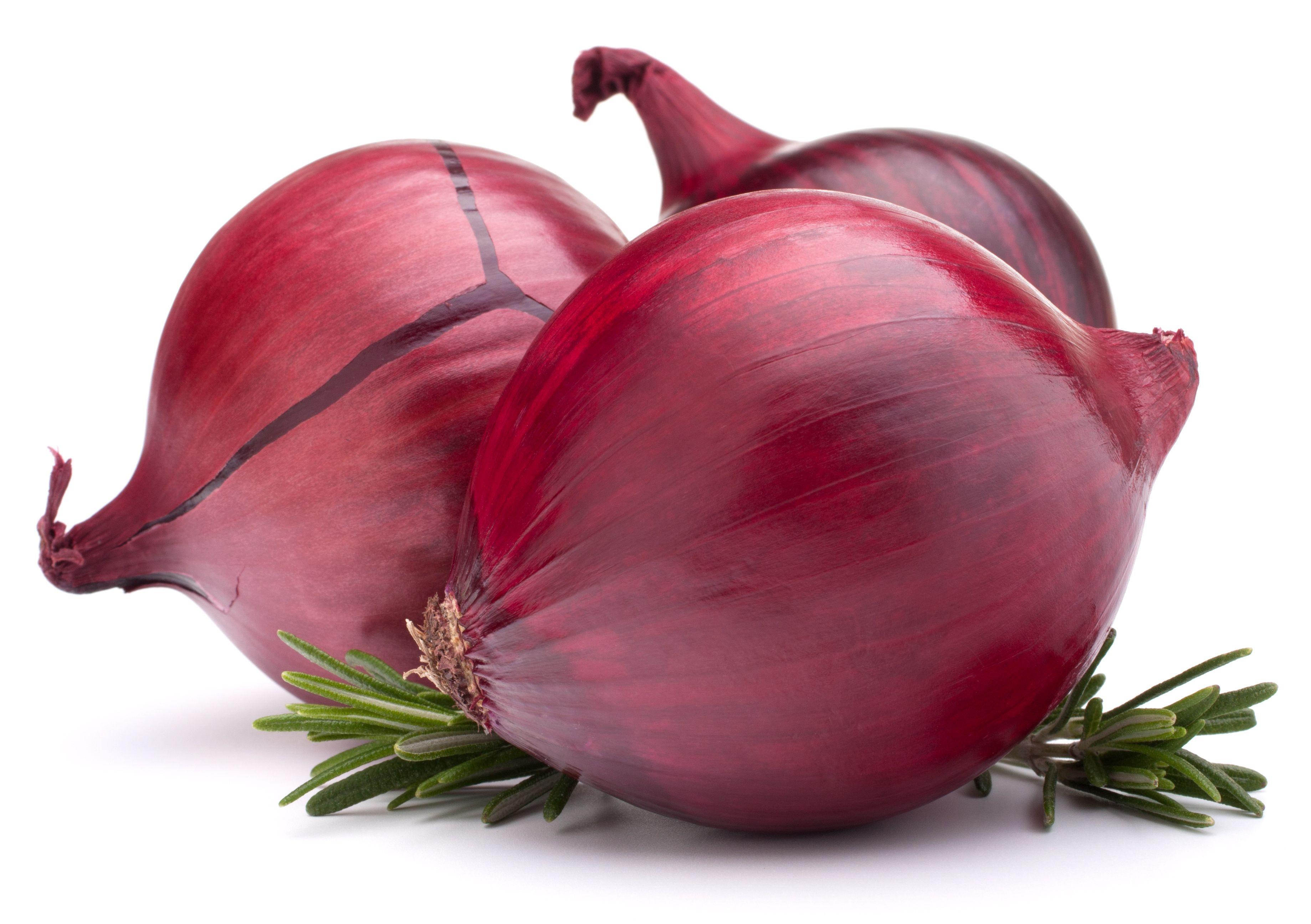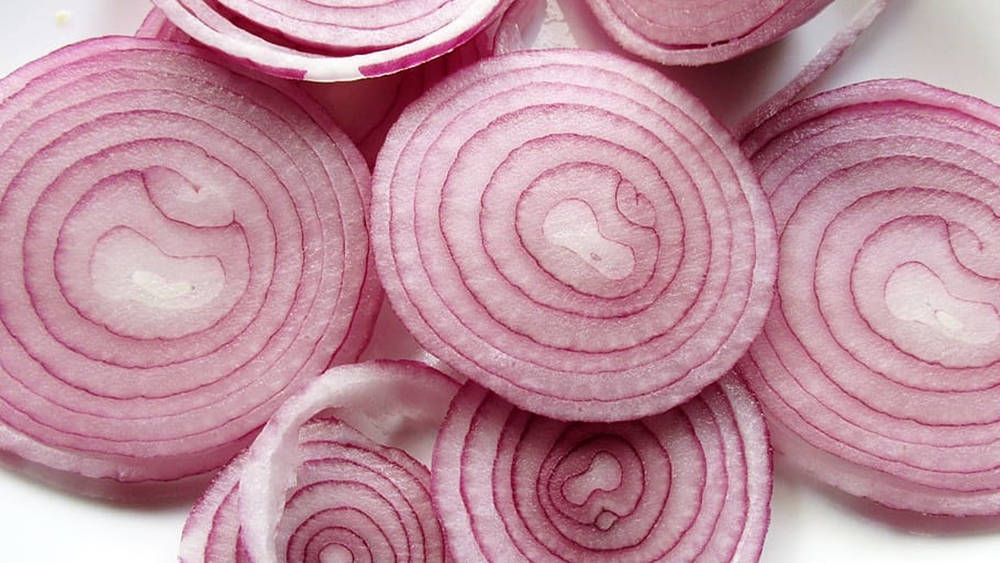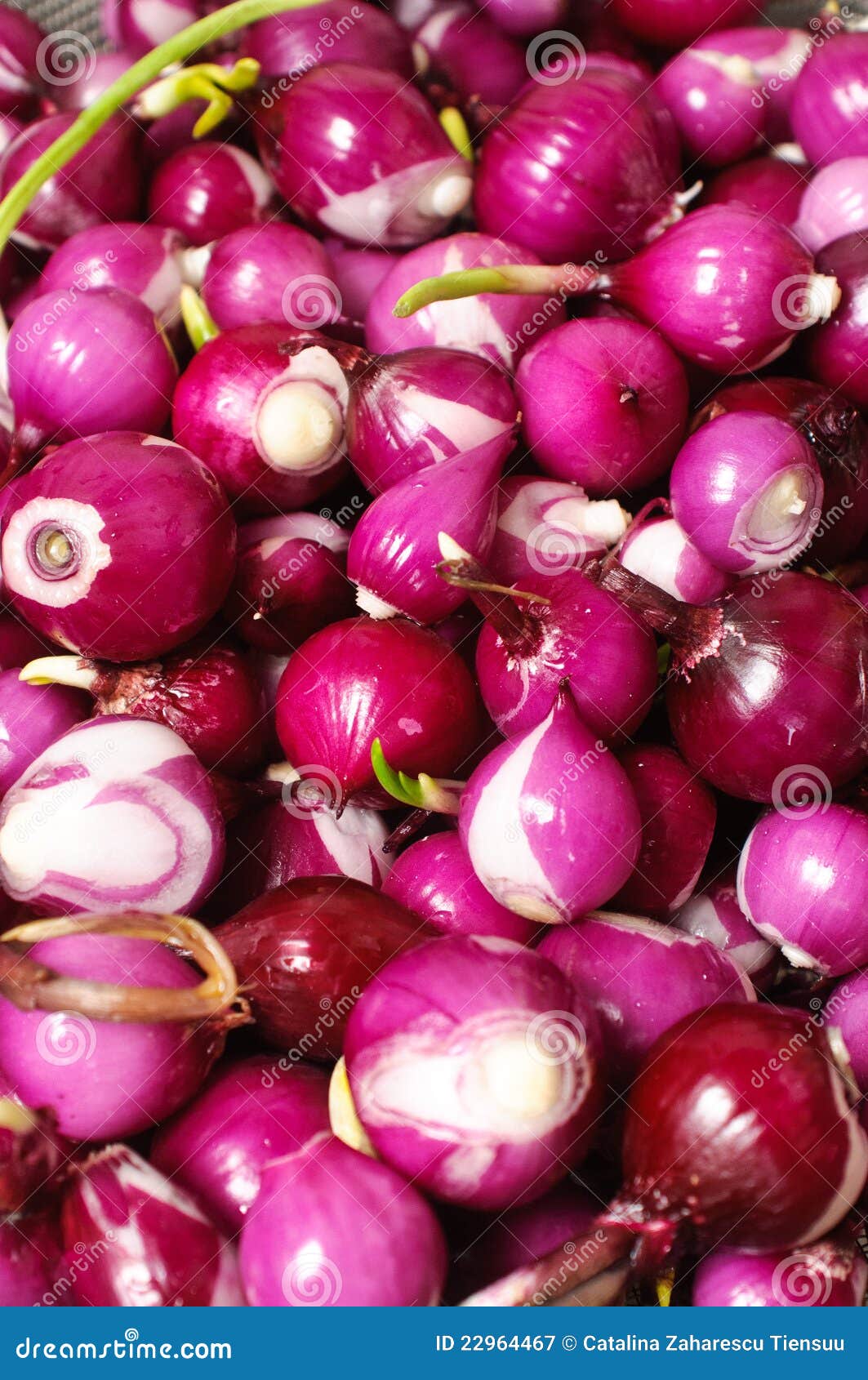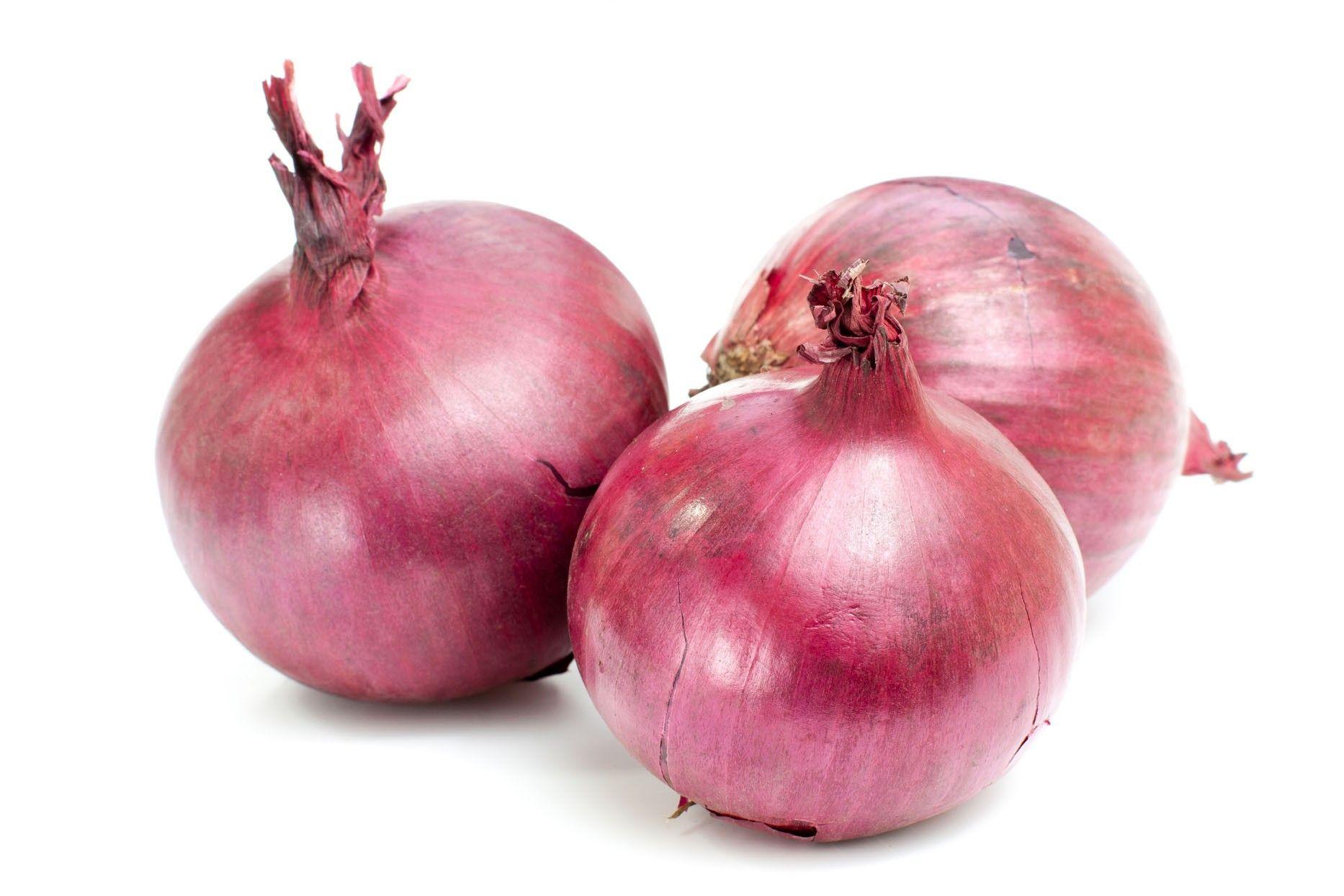Red Onion
Red Onion: Your Guide to This Versatile Vegetable
Hey there! Ever wondered about that vibrant purple onion sitting in your grocery store? Yep, we're talking about the red onion! It's more than just a pretty face in the onion family. It's got flavor, health benefits, and a whole lot of uses. Let's dive in and explore everything about this amazing veggie.
What Exactly is a Red Onion?
So, what makes a red onion a red onion? Well, the obvious answer is its color! That deep purple hue comes from anthocyanins, which are powerful antioxidants (more on that later). But it's more than just skin deep. Red onions are known for their milder, sweeter flavor compared to their yellow or white cousins. They're often eaten raw because of this.
Red Onion vs. Other Onions: Key Differences
Think all onions are the same? Think again! Here’s a quick rundown of how red onions stack up:
- Flavor: Red onions are sweeter and milder. Yellow onions are sharper and more pungent. White onions are milder than yellow but still stronger than red.
- Color: Obvious, right? Red onions are purple-red, yellow onions are yellow-brown, and white onions are, well, white!
- Uses: Red onions are great raw in salads and sandwiches. Yellow onions are better for cooking. White onions are versatile and used in many cuisines.
Health Benefits of Red Onions
Okay, now for the good stuff! Red onions aren't just tasty; they're packed with health benefits. Thanks to those anthocyanins, they're little powerhouses of goodness.
Antioxidants and Beyond
Let's talk about those anthocyanins! These antioxidants help protect your cells from damage caused by free radicals. This can reduce your risk of chronic diseases like heart disease and cancer. Pretty cool, huh?
- Heart Health: Red onions can help lower cholesterol levels and improve blood pressure.
- Cancer Prevention: Some studies suggest that red onions may have anti-cancer properties.
- Immune Boosting: Red onions are a good source of vitamin C, which helps boost your immune system.
Other Nutritional Perks
Beyond antioxidants, red onions offer even more nutritional goodness:
- Fiber: Good for digestion and keeping you feeling full.
- Vitamin B6: Important for nerve function and energy production.
- Potassium: Helps regulate blood pressure.
Culinary Uses for Red Onions
Alright, let’s get to the fun part: how to use red onions in your cooking! Their mild, slightly sweet flavor makes them incredibly versatile.
Raw Red Onion: A Salad Superstar
Because they're not as pungent as other onions, red onions are fantastic raw! Thinly sliced, they add a pop of color and flavor to salads, sandwiches, and wraps.
- Salads: Toss them into green salads, pasta salads, or even fruit salads.
- Sandwiches & Burgers: Add a few slices to your favorite sandwich or burger for a little extra zing.
- Tacos & Wraps: A must-have topping for tacos, burritos, and wraps.
Cooked Red Onion: Caramelized and More
Don't think red onions are *only* for raw applications. When cooked, their sweetness intensifies, making them delicious in all sorts of dishes.
- Caramelized Onions: Slow-cooked red onions become incredibly sweet and jammy – perfect for topping pizzas, burgers, or crostini.
- Grilled Onions: Grilling red onion slices brings out their smoky sweetness.
- Roasted Vegetables: Toss red onion wedges with other vegetables and roast them for a simple and flavorful side dish.
- Soups and Stews: Red onions add depth of flavor to soups and stews.
Pickled Red Onions: A Tangy Treat
Pickled red onions are super easy to make and add a tangy, slightly sweet flavor to just about anything. They're especially great on tacos, salads, and sandwiches.
Here's a super simple recipe:
- Thinly slice a red onion.
- Combine equal parts vinegar (white or apple cider), water, and sugar in a saucepan.
- Bring to a boil, then pour over the onions.
- Let sit for at least 30 minutes (or longer for a stronger flavor).
How to Store Red Onions
Proper storage is key to keeping your red onions fresh and flavorful. Here's the lowdown:
- Cool, Dark, and Dry: Store whole red onions in a cool, dark, and dry place. A pantry or cellar is ideal.
- Avoid Refrigeration: Refrigerating whole onions can make them soft and mushy.
- Keep Away from Potatoes: Onions and potatoes release gases that can cause each other to spoil faster.
- Cut Onions: Store cut red onions in an airtight container in the refrigerator. Use within a few days.
Conclusion: Red Onions - A Kitchen Staple
So, there you have it! The red onion is much more than just a pretty face. It’s packed with flavor, health benefits, and endless culinary possibilities. From raw salads to caramelized toppings, this versatile veggie is a must-have in your kitchen. So grab a few next time you're at the grocery store and start experimenting! You won't regret it.
FAQ About Red Onions
Are red onions good for you?
Absolutely! Red onions are packed with antioxidants, vitamins, and minerals that are beneficial for your health.
Are red onions stronger than yellow onions?
No, red onions are generally milder and sweeter than yellow onions.
Can I eat red onions raw?
Yes! Red onions are delicious raw in salads, sandwiches, and other dishes.
How long do red onions last?
Whole red onions can last for several weeks if stored properly in a cool, dark, and dry place.
Why do red onions make me cry?
Onions release a gas that irritates your eyes. To minimize tears, try chilling the onion before cutting it or using a sharp knife.
What is the best way to cut a red onion?
Remove the ends, peel the outer layer, and then slice or dice as needed for your recipe.
Red Onion: Health Benefits, Uses, and Tips
Red onion is more than just a colorful ingredient in your salad. It's flavorful, healthy, and surprisingly versatile. Whether you’re roasting, sautéing, or eating it raw, the red onion adds a unique taste and a bunch of nutrients to your meals. Let’s dive into why this vibrant veggie deserves a regular spot in your kitchen!
What Is Red Onion?
Red onion, also known as purple onion, gets its bold color from anthocyanins—natural pigments found in red fruits and vegetables. It has a mild to sharp flavor and is often eaten raw, grilled, or pickled. You'll find it in dishes around the world, from Mexican tacos to Mediterranean salads.
Health Benefits of Red Onion
Did you know red onions are loaded with nutrients and antioxidants? Here’s what makes them a superfood:
- Rich in antioxidants: Especially quercetin and anthocyanins, which help fight inflammation.
- Heart health: They can lower cholesterol and improve blood pressure.
- Blood sugar control: Red onion may help regulate insulin levels.
- Gut health: Full of fiber and prebiotics, supporting digestion.
- Anti-cancer potential: Some compounds have been linked to reduced cancer risks.
How to Use Red Onion in Cooking
Red onion is a kitchen favorite for a reason. It’s flexible and easy to cook with. Here are a few simple ways to use it:
Raw in Salads and Sandwiches
Slice it thin and toss into salads for a crisp bite. Add to burgers, tacos, or wraps for extra zing.
Grilled or Roasted
Grilling brings out their natural sweetness. Try roasting red onions with olive oil, salt, and pepper for a tasty side dish.
Pickled for a Tangy Kick
Pickling red onion is easy and elevates tacos, sandwiches, and rice bowls. All you need is vinegar, water, sugar, and salt.
Tips for Storing Red Onion
Want your red onions to last longer? Follow these storage hacks:
- Cool and dry: Keep whole onions in a cool, dark place—not the fridge.
- Away from potatoes: Onions release gas that makes potatoes sprout faster.
- Cut or peeled: Store in an airtight container in the fridge. Use within 5–7 days.
Red Onion vs. White and Yellow Onions
Not all onions are created equal! Here’s a quick comparison:
- Red onion: Bold color, milder flavor, best raw or grilled.
- White onion: Sharper taste, used in Mexican cooking.
- Yellow onion: Strong, sweet when cooked—ideal for soups and stews.
Why Red Onion Deserves a Spot in Your Kitchen
If you love food that’s flavorful and nutritious, red onion is a must-have. It boosts your meals with color, taste, and health benefits. Plus, it’s super easy to prepare and adds personality to everything from eggs to pasta to grilled meat.
Summary
Let’s wrap it up! Here are the key takeaways:
- Red onion is rich in antioxidants and heart-friendly nutrients.
- Perfect for raw, roasted, or pickled recipes.
- Easy to store and pairs well with many dishes.
- Offers unique flavor and texture compared to other onions.
FAQ About Red Onion
Is red onion good for health?
Yes! Red onion contains antioxidants and anti-inflammatory properties that support heart and gut health.
Can you cook with red onion?
Absolutely. Grill, roast, or caramelize them for a sweet flavor, or pickle them for tangy dishes.
Is red onion stronger than white onion?
Not always. Red onion is generally milder and sweeter, especially when eaten raw.
Should you refrigerate red onions?
Whole onions should stay out of the fridge. Cut or peeled onions should be stored in the refrigerator in a sealed container.
Red onion Wallpapers
Collection of red onion wallpapers for your desktop and mobile devices.
Download these red onion wallpapers for free and use them on your desktop or mobile devices.
